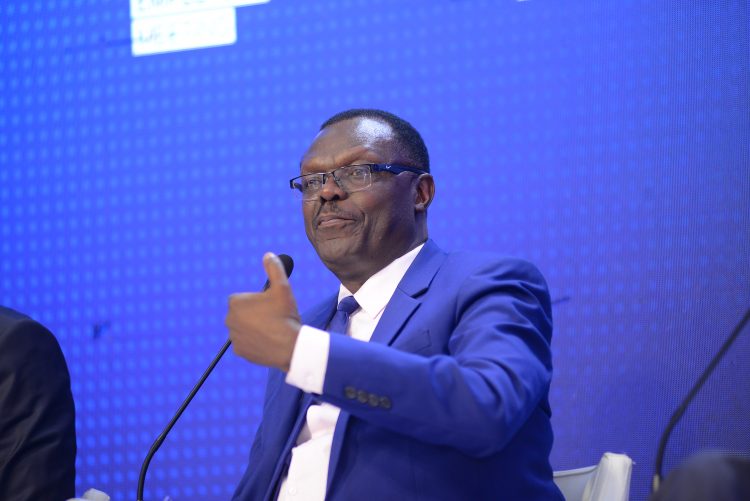The National Social Security Fund (NSSF) of Uganda has stepped in to bolster Airtel’s initial public offering (IPO) just hours before its closure, acquiring more than 50.0% of the offered shares.
In a joint statement from NSSF’s Managing Director, Patrick Ayota, and Airtel Uganda’s Chief Executive Officer (CEO), Manoj Murali, it was disclosed that the pension scheme invested $52.7 million (Ush 199.0 billion) to secure a 10.6% stake in the 20.0% stock being offered.
Initially hesitant about investing in Airtel, NSSF’s eleventh-hour participation ensured Airtel’s compliance with the Uganda Securities Exchange (USE) listing regulations, which necessitate selling at least 20.0% of the offered shares or seeking an extension from the regulatory body. Airtel had to prolong its offering period due to tepid market response.
The IPO attracted both high-net-worth individuals and institutional investors by offering bonus shares, incentivizing bulk buyers with additional shares at a reduced price. For instance, investors purchasing less than 37.0 million shares received an extra 20.0 shares for every 100.0 shares, effectively lowering the cost per share. Mr. Murali announced this strategic move on October 25, 2023.
Despite Airtel’s efforts, the IPO encountered challenges stemming from economic uncertainties, lackluster stock market performance, and elevated interest rates on government securities. Large institutional investors had shifted their focus towards fixed-income assets, real estate, and private equity due to limited returns in equities.
Airtel’s decision to offer bonus shares mirrored a similar approach taken by MTN Uganda during its 2021 IPO, with the goal of broadening its investor base. Historically, lower IPO prices have stimulated public participation in Uganda’s stock market.
The infusion of capital from Airtel’s IPO is anticipated to enhance the capitalization of the USE, potentially propelling Uganda into the frontier market category of the Morgan Stanley Capital International (MSCI). The Capital Markets Authority of Uganda aims to streamline this process, drawing offshore investors interested in well-classified and accessible markets.
Airtel’s commitment to a generous dividend payout ratio, pledging 95.0% of retained earnings or net profit after tax, stands as an appealing factor for potential investors. This ratio surpasses MTN Uganda’s 56.0% payout ratio at the time of its listing.
Airtel Uganda’s expansion plans encompass augmenting capacity and coverage, particularly in data networks, with an estimated investment of Ush 202.0 billion (USD 54.2 million).
Airtel’s IPO journey faced various challenges, but the eleventh-hour support from NSSF, the enticement of bonus shares, and the commitment to a substantial dividend payout ratio all contributed to its ultimate success. Furthermore, the IPO holds the potential to positively impact Uganda’s stock market and its potential reclassification as a frontier market, attracting more investors in the future.












